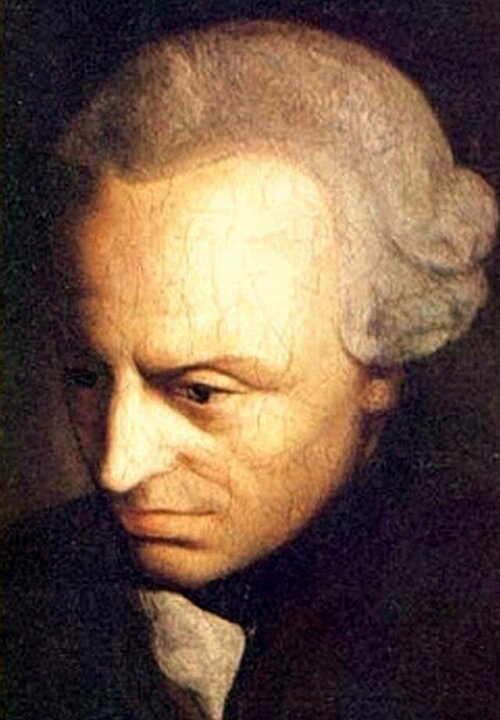Richard Cocks is an Associate Editor and Contributing Editor of VoegelinView, and has been a faculty member of the Philosophy Department at SUNY Oswego since 2001. Dr. Cocks is an editor and regular contributor at the Orthosphere and has been published at The Brussels Journal, The Sydney Traditionalist Forum, People of Shambhala, The James G. Martin Center for Academic Renewal and the University Bookman.

